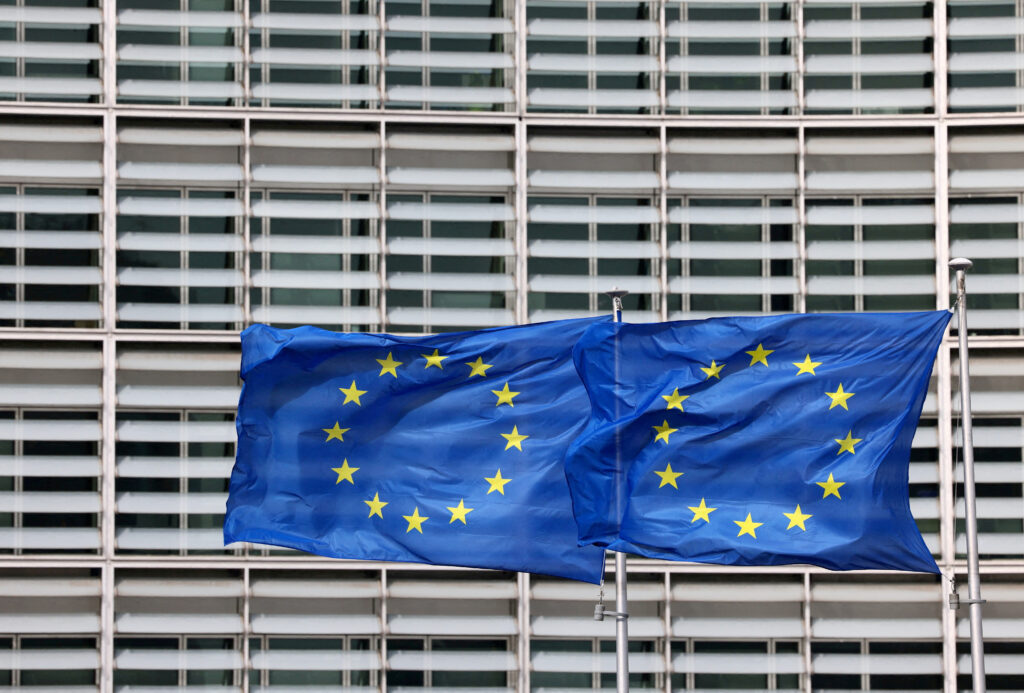Source: Reuters by Rebecca Christie
European Union watchdogs are so frustrated with Big Tech dominance they have turned their traditional approach to regulation on its head. Rather than trying to prove that existing practices shortchange users, new digital rules require market-leading companies to simply open up their systems. But by focusing on competition among providers instead of whether consumers benefit, the EU’s main result may just be more frustrating clicks.
Alphabet, Meta Platforms, Apple, Amazon.com, ByteDance and Microsoft are the first targets of the Digital Markets Act, a 2022 law that requires so-called gatekeeper services to open up their “walled gardens”. The EU in September identified 22 products at the six companies, including Google Search, social networks like Facebook and TikTok, and browsers like Chrome and Safari.
The designations also include the Google Android, Windows PC and Apple iOS operating systems, and intermediaries like Amazon Marketplace. Designated firms have until March to show that they are doing the necessary work so that third-party developers have access to their platforms and so that consumers aren’t shoehorned into too many defaults. ByteDance, Meta and Apple already have filed appeals.
But opening the door doesn’t guarantee anyone will walk through it. If startups don’t materialise, or if consumers are reluctant to switch away from familiar brands or pay new subscription fees, the EU will end up adding paperwork and annoying layers of “choice screens” rather than creating more competition.
Brussels’ approach regulates access, not outcomes. In designing the new rules, the EU has fallen back on a definition of competition that focuses on the number of businesses rather than what might be best for customers. This framework would consider it a win if previously free services like Facebook and Instagram start charging fees, because then companies would no longer have free rein to scoop up and monopolise customer data.
But consumers may not place the same importance as regulators on breaking up the market, especially if it carries extra costs. Instead, they may resent creeping subscription charges that start out as optional but eventually become unavoidable for day-to-day use. And they may rue the time it takes to click through “choose your default” boxes rather than enjoying benefits of switching search engines or app stores.
It’s certainly possible that more competition will drive costs down in certain areas. If, for example, search engines were to keep a smaller portion of advertising-driven online purchase revenues, retailers might lower their prices. Antitrust litigation in the U.S. has shown that in 2021 Google paid $26 billion to Apple, Samsung and others to keep its search engine dominant on phones and web browsers – money that could change hands if customers were better able to pick their own defaults.
Read full article: https://www.reuters.com/breakingviews/eu-tech-rules-will-create-clicks-not-competition-2023-12-27/









